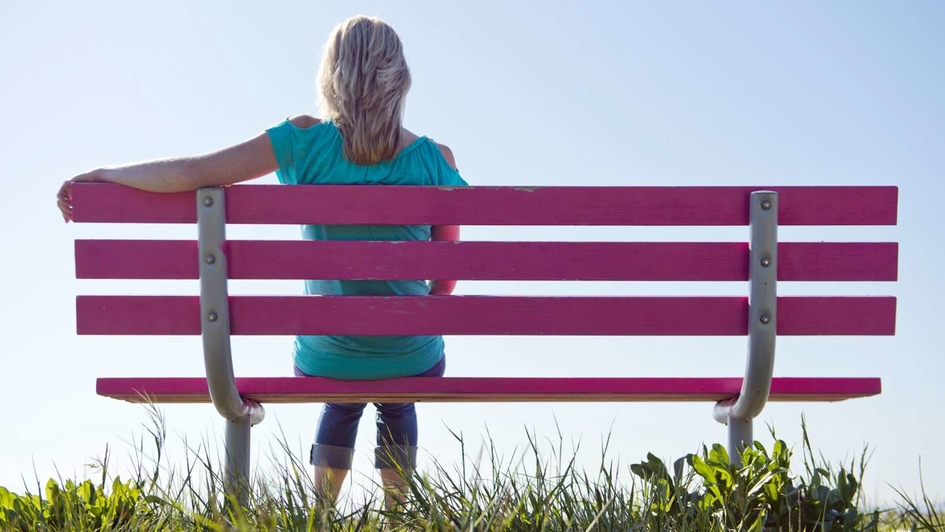
Feelings of Depression Does Not Bode Well for Health
Perhaps it’s the gray, rainy day; the realization that winter has finally struck, and the 60 degree days are merely an anomaly rather than the rule. Or maybe it’s the fact that for the past month, because of hubby’s multiple surgeries and a lot of my own work, I’ve been holed up a bit more than normal. But lately, loneliness has been sharing my house with the American state.
So when I noticed a report on Reuters Health yesterday about lonely rats and how they’re more prone to breast cancer, I was interested in what it had to say. When researchers at Yale University studied rats that were lonely and stressed-out, they found that, as opposed to rats living happily in a social group, the lonely rats had a three times higher risk of developing breast tumors than the others; moreover, the tumors in these rats were more deadly, being larger and more plentiful.
Stress. That’s the culprit, they think. The stress of social isolation is also the trigger for a pathological state, according to the article. Many studies have already recommended a link between loneliness and its negative impact on human health. And stress has already been shown to trigger cancer-causing genes in humans.
What’s attention-grabbing is that thanks to these findings, the scientists think it could explain the earlier development of breast cancer in women who live in high-crime neighborhoods. The role of social networks could be a big one in determining and protecting health.
Is being alone the same as that powerful feeling of loneliness, I wonder? I like being alone and am sometimes dead content after I am. But loneliness, I think, takes being alone to a whole other dimension. It’s more than just craving company; it’s unwanted solitude. And that’s the time to stand up and take notice, and make sure it does not have a negative impact on your health.



